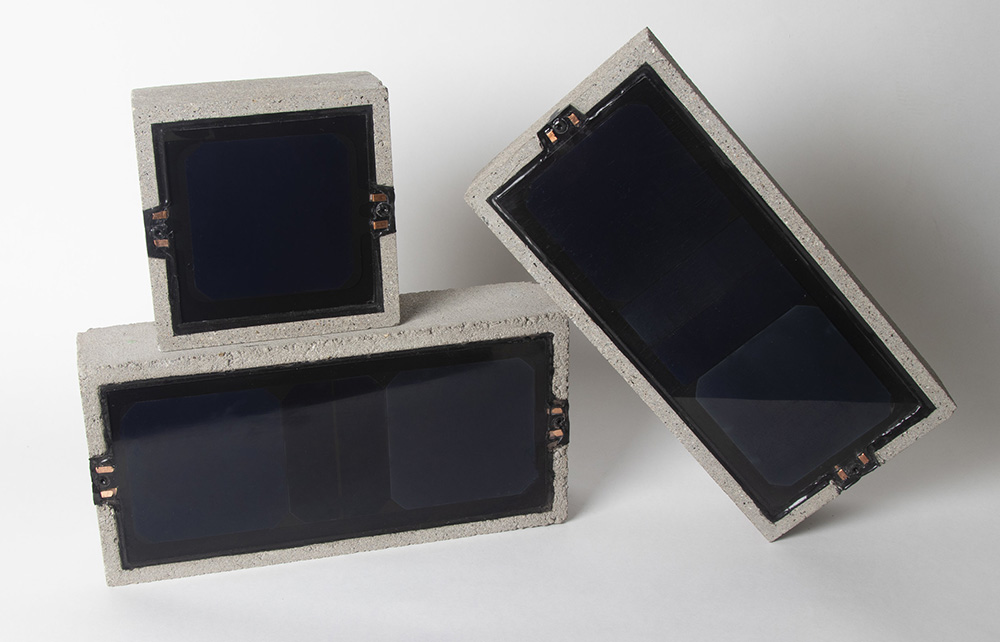News:
Green Buildings
Posted: August 22, 2013
Patrick administration launches Community Wind Outreach Initiative
Energy and Environmental Affairs secretary Richard Sullivan has started an inter-agency initiative for state energy and environmental agencies to provide support and guidance to municipalities, developers and stakeholders for land-based wind projects.
"Wind energy is growing fast in the Commonwealth and this inter-agency initiative will enhance our capacity to provide the best technical and policy support to the many communities across the Commonwealth hosting, reviewing, or considering wind energy projects," said Sullivan. "As a former mayor, I understand the municipal concerns of siting wind energy projects. Our goal is to use all the tools at our disposal at the state level to help communities appropriately site wind energy."
The Community Wind Outreach Initiative will include a coordinated community wind working group, with representatives from EEA, the Department of Energy Resource (DOER), the Mass. Clean Energy Center (MassCEC), the Mass. Department of Environmental Protection (MassDEP) and the Energy Facilities Siting Board (EFSB). MassDEP will also convene a technical advisory group of experts to solicit input on wind turbine sound policy.
In order to promote science-based information related to wind turbine siting decisions, the major components of the initiative include:
Municipal Support: enhanced state-level support led by DOER's Green Communities Division to communities that have operating wind energy projects or that are reviewing new wind development proposals.
Acoustic Policy: a technical advisory group to consider changes to MassDEP regulations and noise policy as it applies to wind energy turbines.
Comprehensive Siting Guidance: the state's EFSB will research wind siting practices around the country and internationally and establish wind energy turbine siting best practices for Massachusetts.
Monitoring: the MassCEC will continue to support assessment and reporting on the impacts of operating wind projects through its Commonwealth Wind funding program.
The acoustic advisory group process will be informed by the 2012 Wind Turbine Health Impacts Study, the ongoing MassCEC Research Study on Wind Turbine Acoustics, and other relevant data identified by MassDEP and technical advisory group members. Topics to be discussed will include potential MassDEP permitting requirements for wind projects, and technical issues related to the unique characteristics of wind turbine sound, including predicting, measuring and analyzing acoustic impacts. MassDEP anticipates that the advisory group process will identify recommended changes to MassDEP noise regulations and policy as they apply to wind turbine noise.
DOER's Green Community's division will expand its already extensive outreach and ongoing engagement with communities hosting wind energy projects, and MassCEC will increase monitoring of wind projects in order to provide more valuable technical guidance on enhanced wind energy siting. The EFSB has begun collecting and reviewing siting standards and guidance from across the nation and beyond, and plans on releasing enhanced comprehensive siting guidance later this year.
In 2009, governor Patrick announced a wind energy goal of 2,000 megawatts (MW) by 2020, assuming that land-based wind would account for approximately 25 percent of this goal. Installing wind capacity of 2,000 MW would provide enough electricity for 800,000 homes and meet an estimated 10 percent of the state's current electric load with clean, renewable wind power. By displacing electricity generated by fossil fuels, use of wind turbines on this scale would reduce greenhouse gas emissions by 3.1 million tons, or roughly 12% of emissions from power plants today and reduce millions of gallons of water currently used to cool fossil fuel plants.
Massachusetts has experienced one of the fastest wind energy growth rates in the nation, going from just 3 MW and three turbines installed in 2007 to more than 100 MW and dozens of turbines installed now throughout the Commonwealth. This EEA Community Wind Outreach Initiative builds upon the Patrick Administration's focus on responsibly sited wind energy projects.
Created by the Green Jobs Act of 2008, the Mass. Clean Energy Center (MassCEC) is dedicated to accelerating the success of clean energy technologies, companies and projects in the Commonwealth—while creating high-quality jobs and long-term economic growth for the people of Massachusetts. Since its inception in 2009, MassCEC has helped clean energy companies grow, supported municipal clean energy projects and invested in residential and commercial renewable energy installations creating a robust marketplace for innovative clean technology companies and service providers.
Tags:
Green Buildings
MORE FROM Green Buildings
Bridgeport implements energy efficiency plan with utility partners and regional business council
Bridgeport, CT The flurry of economic development and urban revitalization across the city has cultivated a renewed interest in updating municipal, residential and commercial properties to be more efficient and sustainable. Since 2018, city officials have partnered

Quick Hits







.png)
